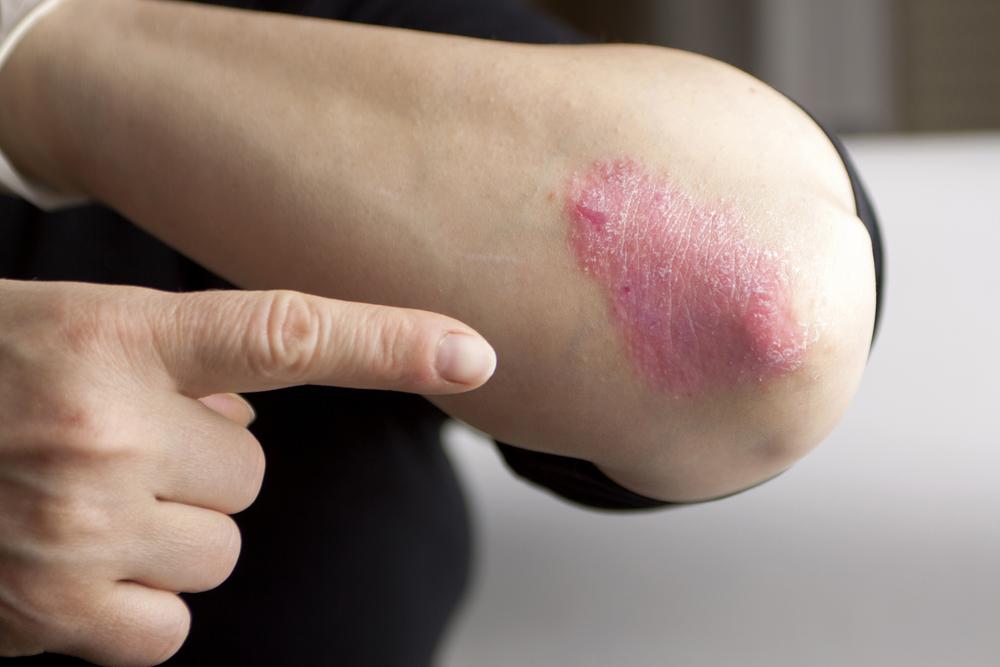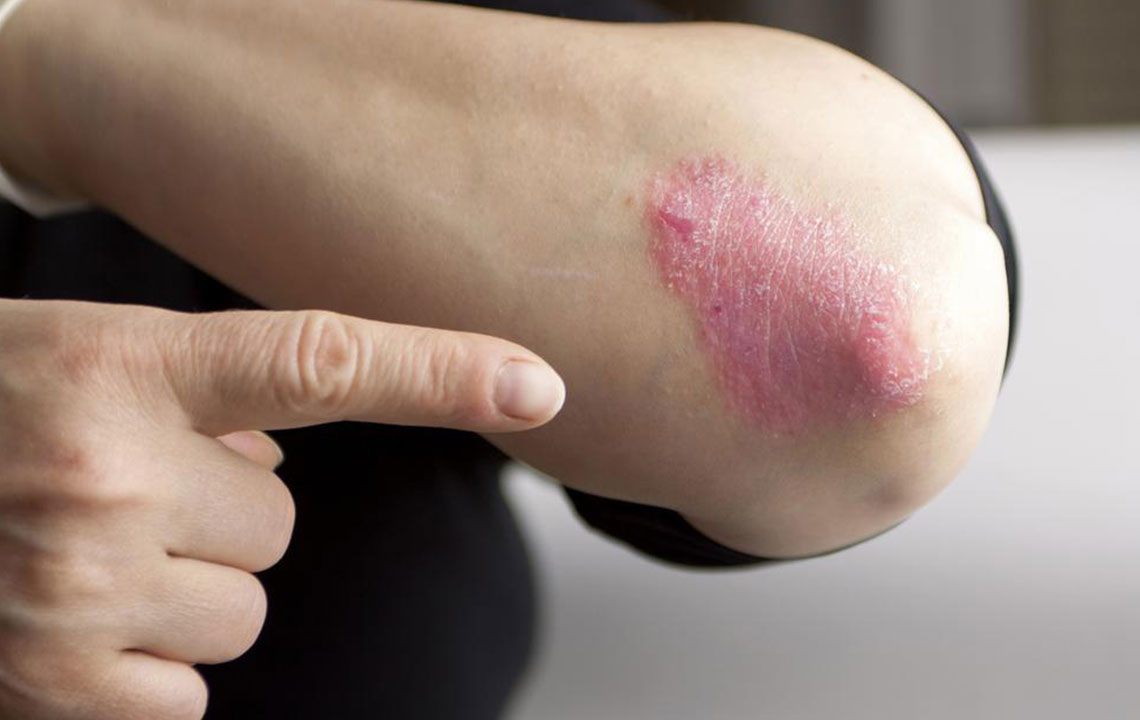Understanding the 5 Major Types of Psoriasis
Learn about the five main types of psoriasis, including plaque, guttate, inverse, pustular, and erythrodermic forms. This guide provides essential insights into their symptoms and severity, helping sufferers recognize and seek appropriate treatment promptly.

Psoriasis is a long-term skin disorder characterized by inflammation and abnormal skin cell growth. It is an autoimmune condition where the immune system mistakenly attacks healthy skin cells, causing them to multiply rapidly. This leads to the buildup of thick, scaly patches on the skin surface, which can be accompanied by redness, itching, or pain. Recognizing the different forms of psoriasis helps in managing the condition effectively. Here are the five primary types of psoriasis observed in patients.
Plaque Psoriasis
This is the most prevalent type, affecting approximately 80% of psoriasis sufferers. It features raised, red patches covered with silvery or white scales, typically appearing on elbows, knees, scalp, and lower back.
Guttate Psoriasis
This form manifests through small, droplet-shaped red spots caused by inflammation. It commonly appears on the face, scalp, arms, legs, and torso, often triggered by infections or stress.
Inverse Psoriasis
Inverse psoriasis affects skin folds such as underarms, beneath breasts, in the groin, and around the buttocks. It causes shiny, red patches that are prone to irritation due to sweat and friction.
Pustular Psoriasis
Accounted for in about 3% of cases, pustular psoriasis involves white, pus-filled blisters (pustules) on red skin. It may cause discomfort and flu-like symptoms, and sometimes merging pustules form scaly patches.
Erythrodermic Psoriasis
A rare form, affecting roughly 2% of psoriasis patients, erythrodermic psoriasis results in widespread redness and scaling over large skin areas. It is a serious condition requiring immediate medical care.
Note: The information on our site provides helpful insights across various health topics. However, it should not replace professional medical advice. For proper diagnosis and treatment, consult a healthcare provider. The site may not include all available treatments or offers.










